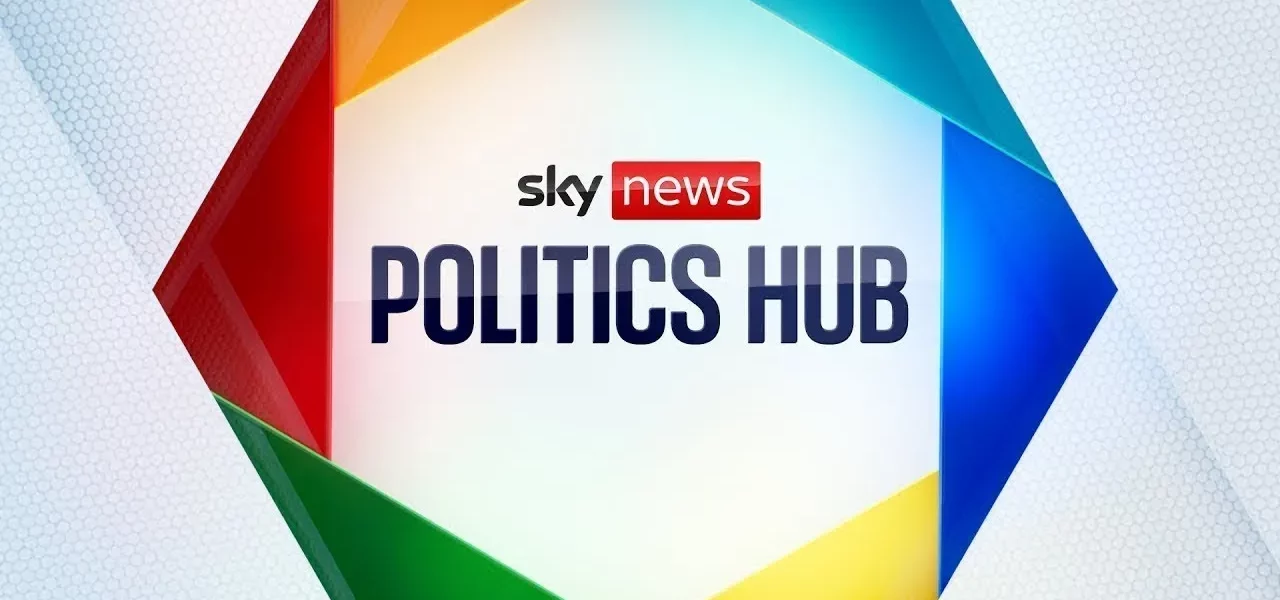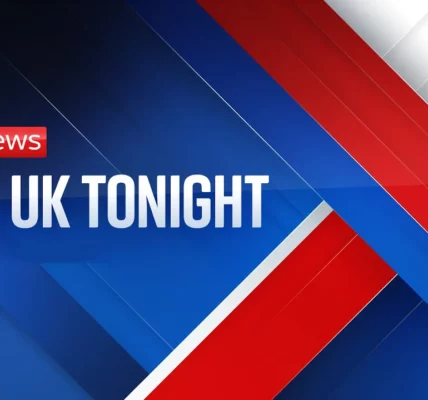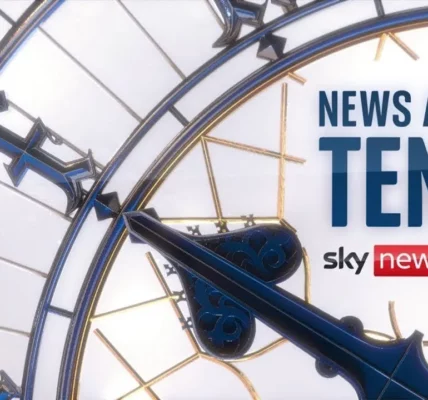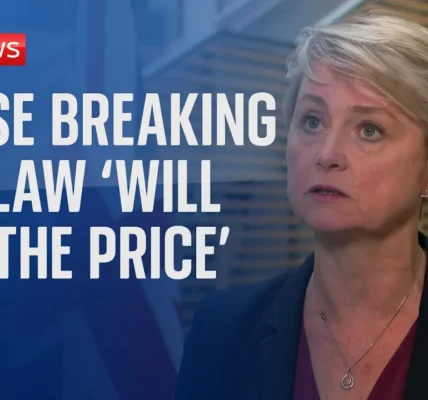Politics Hub: Leaders Interview Series with Ed Davey

As the general election approaches, we delve into the key political issues facing the UK, featuring in-depth interviews with party leaders, analysis of polling data, and discussions on immigration, housing, and energy policies.
Introduction
Welcome to the Politics Hub, where we kick off our Leaders Interview Series as we count down to the upcoming general election. Tonight, we feature Sir Ed Davey, the leader of the Liberal Democrats. With the party poised to potentially quadruple their seats, understanding their vision and policies is crucial for voters. This article will break down key points from the interview, analyze polling data surrounding the election, and discuss the positions of various political parties in the context of current UK politics.
Ed Davey’s Views on Immigration
During the interview, Ed Davey addressed the contentious issue of immigration, stating that legal migration levels are indeed too high. He highlighted that since the UK left the EU, immigration has more than doubled, contradicting promises made by the Conservative Party. Davey proposed several measures to manage immigration more effectively:
- Increasing the family threshold for visas.
- Expanding the youth mobility scheme with the EU.
- Encouraging young people to travel and work across Europe.
However, these proposals raise questions about the party’s consistency. While aiming to reduce immigration, Davey’s policies could inadvertently lead to an increase in the number of migrants. This duality presents a challenge for the Liberal Democrats, as they strive to appeal to both local and national voter concerns.
Polling Insights and Political Landscape
A recent YouGov poll for Sky News indicates that Labour is on track to achieve a remarkable majority of 200 seats in the next parliament. This projection signals a significant shift in the political landscape, with the Conservative Party potentially facing historic lows:
- Labour projected at 425 seats — a record since the Second World War.
- The Conservative Party could drop to 108 seats, its lowest level ever.
- The Liberal Democrats may increase their representation to 67 seats, a notable gain from their previous 11.
This shift reflects a broader trend of disillusionment with the Conservative government, largely attributed to policy failures and the fallout from Brexit. The political climate is changing rapidly, and the Liberal Democrats’ positioning will be critical as they seek to capitalize on this momentum.
Analysis of the SNP’s Manifesto Launch
Simultaneously, the Scottish National Party (SNP) has launched its manifesto, prioritizing Scottish independence and increased devolved powers. Key points from their manifesto include:
- A pledge to deliver Scottish independence.
- Rejoining the EU.
- Implementing substantial increases in NHS funding and protecting it from privatization.
However, the SNP faces challenges as they anticipate potential losses in seats to Labour. This situation complicates their independence narrative and raises questions about their future political strategy.
Key Policies and Promises from the Liberal Democrats
Ed Davey emphasized several critical areas where the Liberal Democrats aim to make a significant impact. These include:
1. Social Care and Health Services
The Liberal Democrats are proposing a comprehensive plan to rescue the NHS, focusing on increasing the number of care workers and ensuring fair wages to attract talent into the sector.
2. Housing Development
Davey outlined a plan to build 380,000 homes annually, emphasizing the importance of utilizing brownfield sites instead of encroaching on green belts. This demonstrates a commitment to sustainable development and addressing the housing crisis.
3. Energy and the Environment
Aiming for 90% of electricity to be generated from renewable sources by 2030, the party is focused on ambitious yet feasible environmental goals. Davey stressed the need for investment in the national grid to support these renewable initiatives.
Conclusion
As we approach the general election, the political landscape in the UK is rapidly evolving, with significant implications for various parties. Ed Davey’s Liberal Democrats are positioning themselves as a viable alternative to the major parties, but questions remain about their ability to deliver on their ambitious promises while maintaining voter trust. With the election just around the corner, it will be crucial for voters to consider the implications of each party’s policies on their lives.
We encourage readers to stay informed and engaged as the campaign progresses. For further insights into the electoral landscape, check out our related articles on housing policy and immigration issues.
“`




